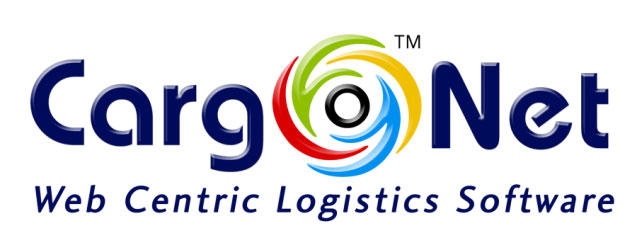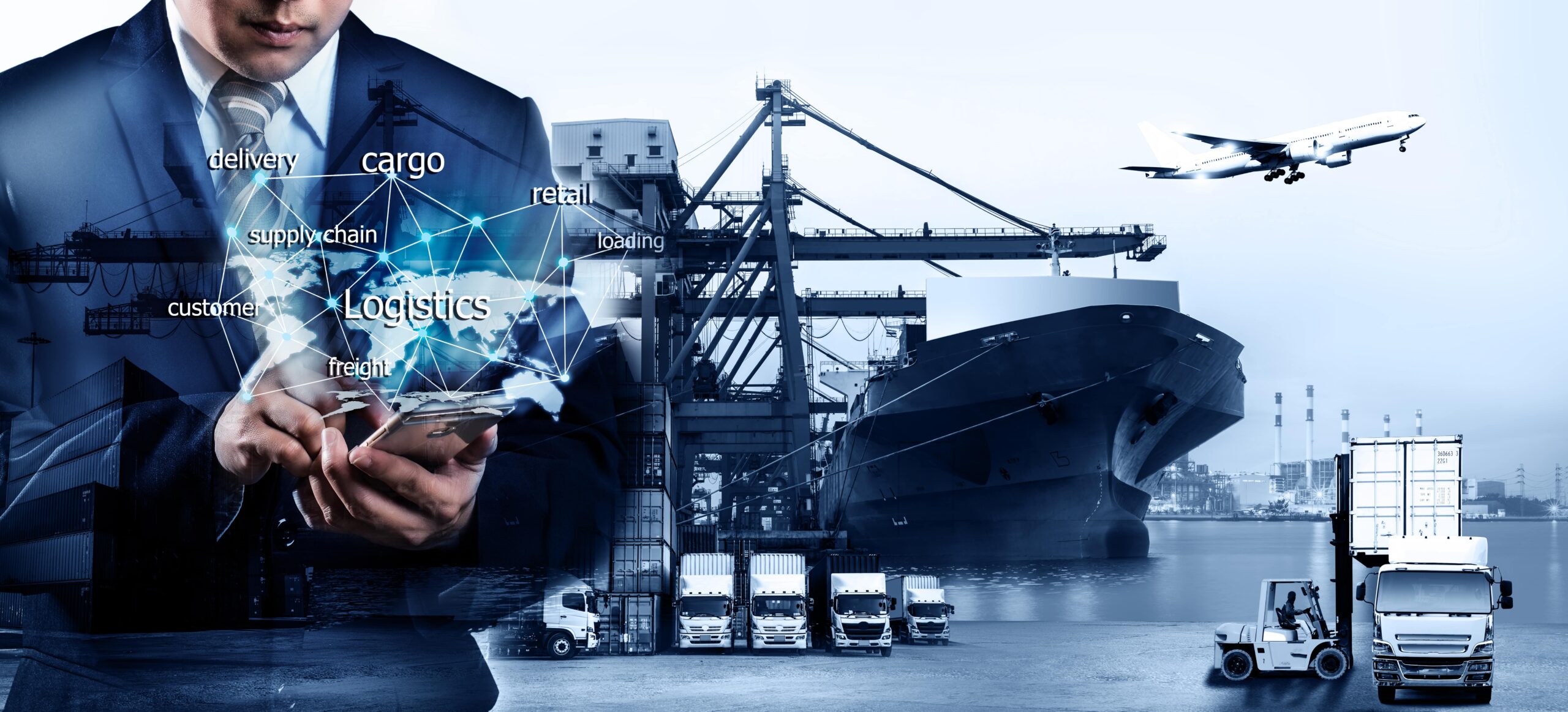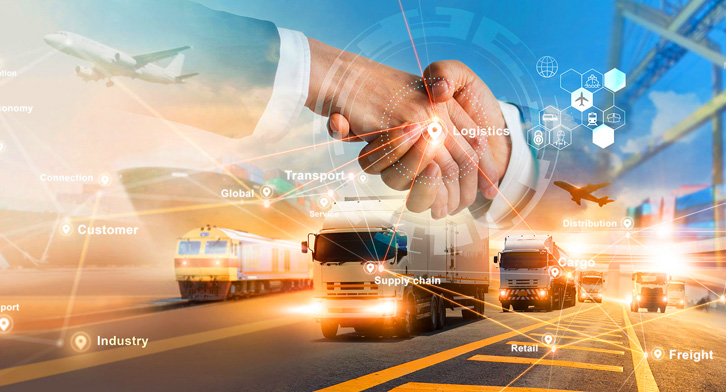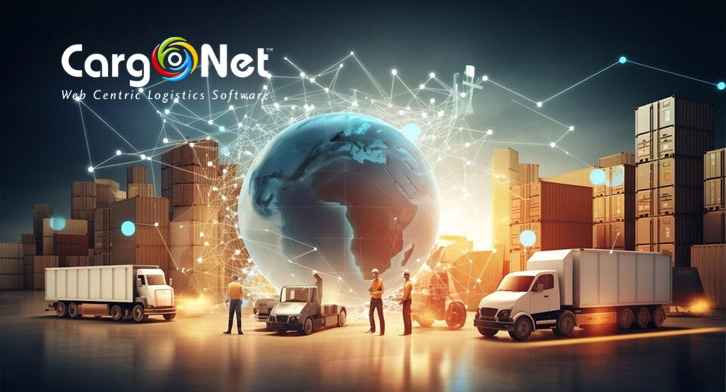In an era where technology is reshaping every industry, the sea freight sector is no exception. Traditionally known for its complexity, high operational costs, and unpredictable factors like weather and port congestion, sea freight logistics is now embracing cutting-edge technologies to overcome these challenges. Among these technologies, Artificial Intelligence (AI) is leading the way in transforming how sea freight software operates, helping companies streamline their operations, reduce costs, and improve overall efficiency.
At CargoNet, we harness the power of AI to revolutionize sea freight operations, making logistics smarter and more responsive. In this blog, we’ll explore how AI is reshaping sea freight software and driving the future of maritime logistics.
1. Optimizing Route Planning with AI
One of the primary ways AI is making a significant impact is through route optimization. Sea freight routes are affected by many factors: weather conditions, port congestion, fuel costs, and unexpected delays. CargoNet’s AI-powered sea freight software uses predictive analytics to process historical data and real-time inputs, such as weather forecasts and port traffic, to recommend optimal shipping routes.
By providing intelligent routing suggestions, CargoNet helps shipping companies:
- Avoid port congestion and reduce delays by rerouting vessels.
- Minimize transit time to ensure timely deliveries.
For example, CargoNet’s AI algorithms can predict a potential storm or heavy traffic at a particular port, allowing vessels to avoid these obstacles and reduce delivery delays.
2. Enhancing Cargo Load Optimization
Maximizing cargo space in shipping containers has always been a critical challenge. Inefficient loading practices can lead to wasted space, damaged goods, and increased costs. CargoNet’s AI-powered software uses machine learning algorithms to optimize cargo loading, ensuring that every inch of container space is utilized effectively without compromising the safety of the goods.
Key benefits of CargoNet’s AI-powered cargo load optimization include:
- Maximized container space utilization, reducing the number of trips required.
- Improved load distribution which minimizes the risk of cargo damage.
- Faster loading times, as CargoNet can quickly analyze the best stowage configuration.
This leads to cost savings and operational efficiency, helping sea freight companies stay competitive in the global market.
3. Predictive Maintenance for Shipping Vessels
AI’s ability to predict and prevent equipment failures is a game-changer in the shipping industry. Traditionally, maintenance is performed based on a fixed schedule or after a problem has already occurred. CargoNet’s predictive maintenance feature uses machine learning and IoT (Internet of Things) sensors to continuously monitor the performance of ship machinery and components, such as engines, turbines, and fuel systems.
CargoNet can identify patterns and detect early signs of equipment failure, allowing shipping companies to:
- Schedule maintenance before a breakdown occurs, reducing downtime.
- Extend the lifespan of machineryby addressing issues proactively.
- Improve safety, as malfunctioning equipment is repaired before it causes accidents.
By preventing unexpected breakdowns, CargoNet’s predictive maintenance capabilities help shipping companies avoid costly delays and maintain efficient operations.
4. Dynamic Pricing and Freight Rate Optimization
Sea freight rates are subject to fluctuations based on market demand, fuel costs, and geopolitical factors. CargoNet’s AI-powered sea freight software analyzes vast datasets, including historical shipping data, current market trends, and competitor pricing, to provide dynamic pricing models that adjust in real-time.
With CargoNet, shipping companies can:
- Offer competitive freight quotes, based on real-time data.
- Optimize pricing strategiesto attract more clients while maintaining profitability.
- Adjust rates to reflect changes in fuel prices, capacity, or demand.
CargoNet also enables companies to automate the process of comparing different freight rates and choosing the most cost-effective options, saving time and resources.
5. AI for Real-Time Tracking and Supply Chain Visibility
In the age of global trade, real-time tracking and supply chain visibility have become essential for both shipping companies and their customers. CargoNet’s AI-powered tracking systems use sensors and IoT devices to monitor the exact location of cargo throughout the shipping process. Combined with AI’s predictive capabilities, this allows for accurate ETA (Estimated Time of Arrival) predictions and real-time updates on shipment status.
Key advantages of CargoNet’s real-time tracking include:
- Proactive notifications for delays or disruptions, allowing companies to adjust schedules.
- Improved customer satisfaction,as clients can track their shipments in real-time.
- Enhanced supply chain visibility, enabling better decision-making and planning.
CargoNet not only tracks where the shipment is but also anticipates potential issues, such as customs delays or bad weather, allowing companies to take action before problems arise.
6. AI-Powered Sustainability and Fuel Efficiency
As the shipping industry faces increasing pressure to reduce its carbon footprint, AI is playing a vital role in driving sustainability efforts. By optimizing fuel consumption and reducing waste, CargoNet’s AI-powered software helps shipping companies minimize their environmental impact.
Sustainability benefits of CargoNet’s AI include:
- Optimized fuel consumption through better route planning and vessel performance.
- Reduced emissions,as CargoNet helps ships avoid congested ports and reduce idle time.
- Efficient stowage planning, which reduces the need for additional trips and fuel usage.
With sustainability becoming a core focus for the global shipping industry, CargoNet’s ability to drive fuel efficiency is an essential component of achieving environmental goals.
Conclusion: The Future of AI in Sea Freight with CargoNet
AI is revolutionizing sea freight software by offering advanced solutions to the industry’s most pressing challenges. From optimizing routes and cargo loads to improving predictive maintenance and pricing strategies, CargoNet is enabling sea freight companies to operate more efficiently, reduce costs, and enhance customer satisfaction. As technology continues to evolve, we can expect even more innovative applications of AI in the shipping industry, with the potential to further transform global trade and logistics.
To stay ahead in this competitive market, shipping companies must embrace AI-powered software solutions like CargoNet that enhance their operational capabilities and future-proof their business.










